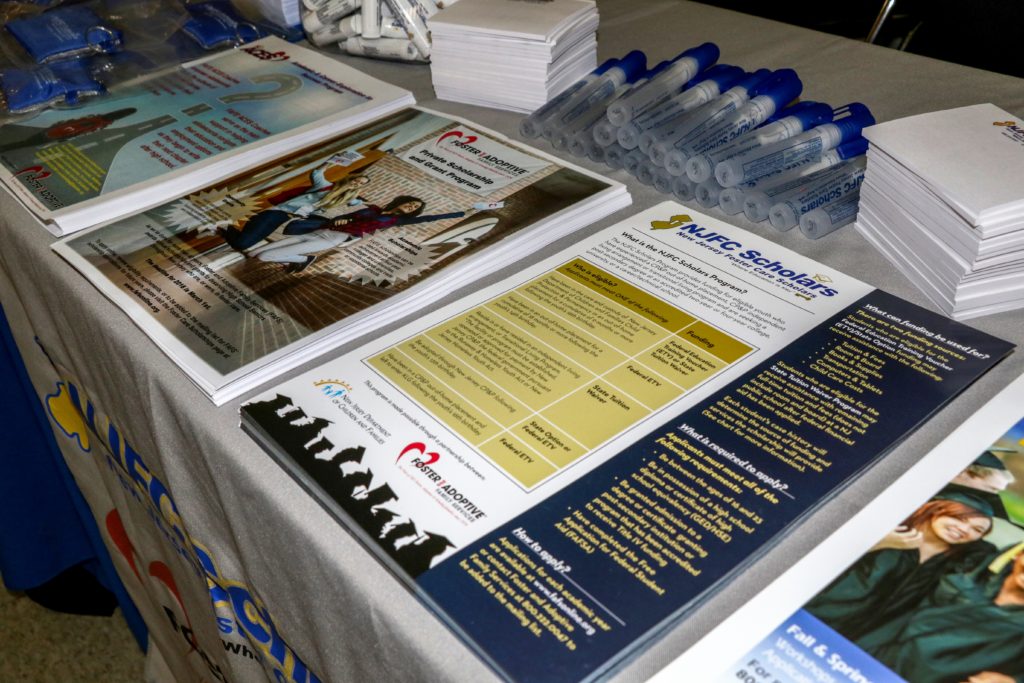Tag Archives: Foster Child Education
The State of Kinship Care Legislation 2017, Part I: Best Intentions
Every year, child welfare agencies across the country are increasing their emphasis on kinship care, a form of foster care that gives placement preference to relative caregivers instead of traditional foster parents who are strangers to the children placed with them. Widely recognized as the better way to care for foster children, kinship care legislation has been making its way to law for the better part of the last decade. However, kinship placements are very different from traditional ones – the complex intrafamily dynamics and unique family relationships combined with support systems that fail to account for these aspects of kinship care often mean that legislation can fall short of helping relative caregivers. In 2017, California introduced its Resource Family Approval process (RFA), a reform that, in part, aims to register and financially compensate relative caregivers in the same ways that the state handles traditional foster parents.
A typical complaint of relative caregivers is a lack of state support so this reform seemed to be, from the legislators’ perspectives, a slam dunk – getting these kinship families registered with the state would make it easier to pay them the appropriate stipends while also linking them up to necessary supports beyond the traditional financial assistance.
Very quickly, however, flaws with the system began to emerge. “I’m actively expecting my landlord to show up at any point in time and hand me a three-day notice and start the eviction process,” Mahoganie LaFranks, a Los Angeles kinship provider, said. “I love this kid, but I am completely petrified.” LaFranks had begun the RFA process in September of 2017, but had been caring for a teen since January. By the time December rolled around, the process was still not complete – meaning LaFranks was not receiving the $923 monthly stipend that resource families typically receive in California. With many new responsibilities regarding the teen but without the extra money, LaFranks found herself behind on rent and struggling to find a job that fits into her parenting schedule. Continue reading
Without a Home: Former Foster Youth Struggle With Homelessness in College
According to the LA Times, Los Angeles community colleges, roughly 44,000 students are struggling with homelessness. Housing costs for students are a problem across the nation, but for foster youth the crisis can be made worse if they are not adopted or their foster families are not supportive.

Reporting on the issue, the LA Times spoke with former foster youth Myriah Smiley, 19, who had her food stamp supply cut off when she received a welfare check. Forced to resort to couch surfing as she studies and dreams of opening her own bakery, Smiley said she’s often forced to go hungry: “I cry at night and hope for better days.” Smiley’s story is not an unusual one; according to a University of Wisconsin Hope lab study, 29% of former foster youth attending community college nationally are homeless.
Continue reading
Helping Your Foster Child Maintain a Quality Education
Children in foster care face so many challenges. One of the most recurring is maintaining quality education. Many of you are aware that New Jersey passed the Education Stability Law in 2010 to assist children in foster care.

Photo by Anissa Thompson
The law recognizes how chaotic a foster child’s life can be. School should be a foundation for the child’s socialization skills, providing balance against tragic experiences such as neglect or abuse.
New Jersey seeks to assure that there is little if any disruption in the education of the child. Children in foster care should be able to participate in school related activities. Location and transportation are addressed in the New Jersey statute. Continue reading


